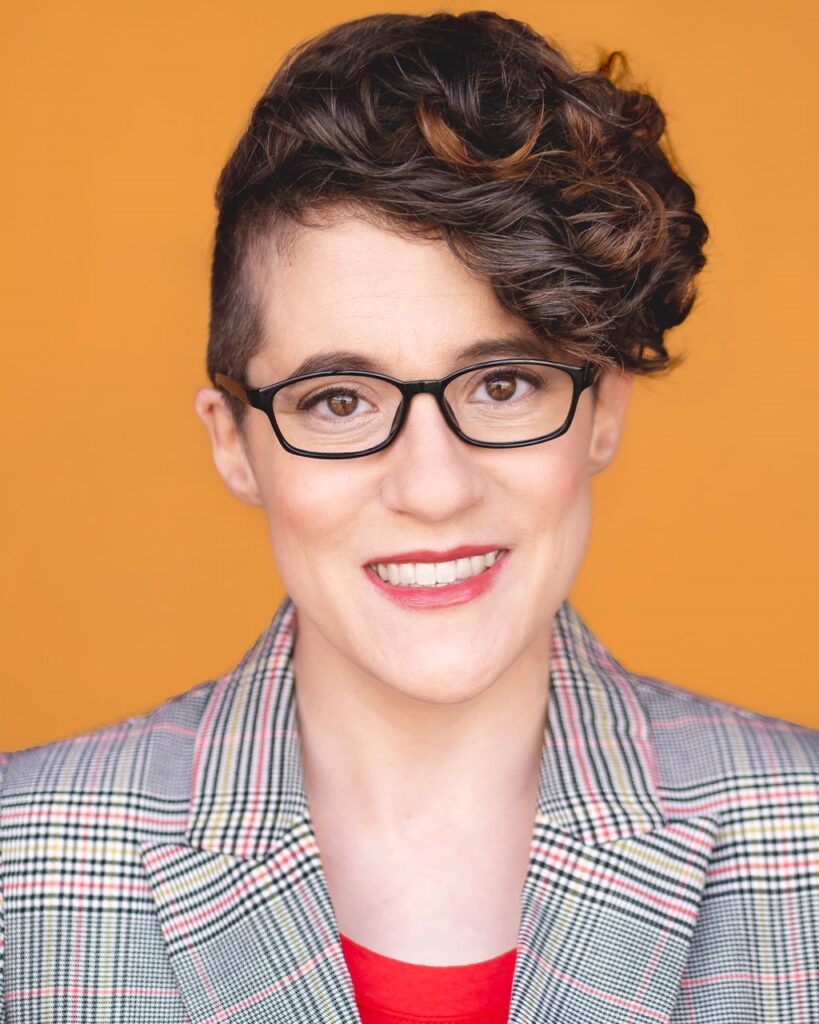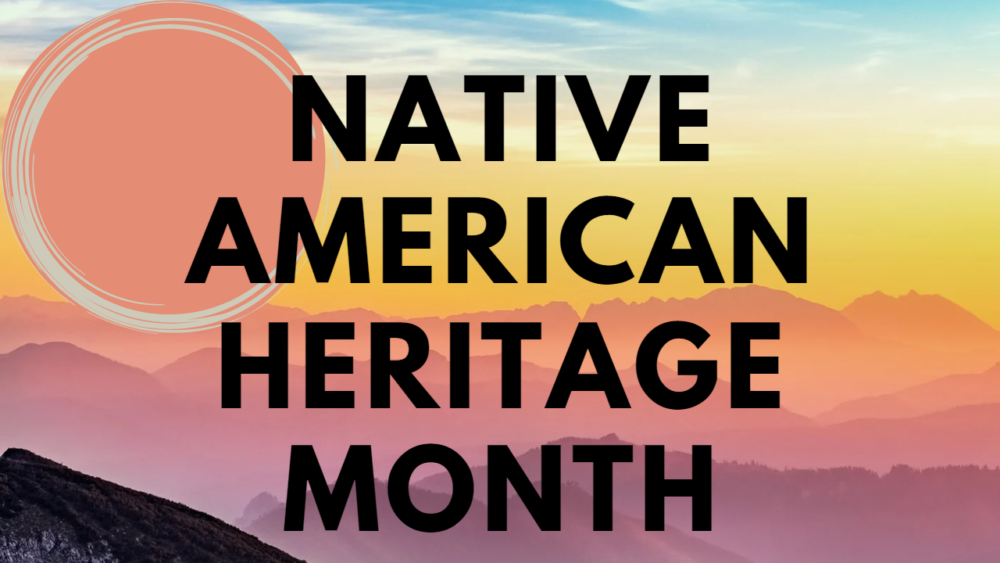By Syliva Condro. November is Native American Heritage Month. Enjoy a collection of UC campus land acknowledgments to learn more about the historical culture and the contemporary presence of indigenous people in our area.
Take a moment to review A Proclamation on National Native American Heritage Month, 2022, signed last month by President Joe Biden, which celebrates “Indigenous peoples past and present and rededicate ourselves to honoring Tribal sovereignty, promoting Tribal self-determination, and upholding the United States’ solemn trust and treaty responsibilities to Tribal Nations.”
Last year, A Proclamation on National Native American Heritage Month, 2021 was shared, which recognizes “the countless contributions of Native peoples past and present, honor the influence they have had on the advancement of our Nation, and recommit ourselves to upholding trust and treaty responsibilities, strengthening Tribal sovereignty, and advancing Tribal self-determination.”
UC Berkeley
UC Berkeley sits on the territory of xučyun (Huichin), the original landscape of the Chochenyo-speaking Ohlone people, the successors of the sovereign Verona Band of Alameda County. This region continues to be of great importance to the Muwekma Ohlone Tribe and other familial descendants of the Verona Band.
Learn more from UC Berkeley’s Centers for Educational Justice & Community Engagement.
UC Davis
We should take a moment to acknowledge the land on which we are gathered. For thousands of years, this land has been the home of Patwin people. Today, there are three federally recognized Patwin tribes: Cachil DeHe Band of Wintun Indians of the Colusa Indian Community, Kletsel Dehe Wintun Nation, and Yocha Dehe Wintun Nation.
The Patwin people have remained committed to the stewardship of this land over many centuries. It has been cherished and protected, as elders have instructed the young through generations. We are honored and grateful to be here today on their traditional lands.
Learn more from UCD’s Land Acknowledgement Statement page.
UC Irvine
The UCI Libraries and the UC Irvine campus are located on the homelands of the Acjachemen and Tongva peoples who, in the face of on-going settler colonialism, continue to claim their place and act as stewards of their ancestral lands as they have for the past 8,000 years. The region extends from the Santa Ana River to Aliso Creek and beyond.
Learn more on the UCI Libraries page.
UC Los Angeles
UCLA acknowledges the Gabrielino/Tongva peoples as the traditional land caretakers of Tovaangar (the Los Angeles basin and So. Channel Islands). As a land grant institution, we pay our respects to the Honuukvetam (Ancestors), ‘Ahiihirom (Elders) and ‘Eyoohiinkem (our relatives/relations) past, present, and emerging.
Learn more from UCLA’s Acknowledgment Statement Announcement and UCLA AISC’s Pronunciation Guide for the Tongva-language Words.
UC Merced
Local indigenous people, including the Yokuts and Miwuk who understand the earth as a place for everyone, first inhabited the land where UC Merced is located. When we address diversity on this campus, we do so boldly, daring to look forward and backward, imagining diversity’s demand for the 21st century and the importance of diversity in addressing past wrongs, reaffirming humanity, and ensuring a reconciliatory path of redress for the future. The most prominent path on our campus is called Scholars Lane. By day, you can see, hear and witness the embodiment of our diversity through campus community members making their way across campus framed by the slopes and peaks of the Sierra Nevada.
Learn more from UC Merced’s and Acknowledgement Statement page.
UC Riverside
We at UCR would like to respectfully acknowledge and recognize our responsibility to the original and current caretakers of this land, water and air: the Cahuilla [ka-wee-ahh], Tongva [tong-va], Luiseño [loo-say-ngo], and Serrano [se-ran-oh] peoples and all of their ancestors and descendants, past, present and future. Today this meeting place is home to many Indigenous peoples from all over the world, including UCR faculty, students, and staff, and we are grateful to have the opportunity to live and work on these homelands.
Learn more from the UCR Office of Diversity, Equity & Inclusion page.
UC San Diego
The UC San Diego community holds great respect for the land and the original people of the area where our campus is located. The university is built on the un-ceded territory of the Kumeyaay Nation. Today, the Kumeyaay people continue to maintain their political sovereignty and cultural traditions as vital members of the San Diego community. We acknowledge their tremendous contributions to our region and thank them for their stewardship.
Learn more from UCSD’s Blink website.
UC San Francisco
We would like to acknowledge the Ramaytush Ohlone people, who are the traditional custodians of this land. We pay our respects to the Ramaytush Ohlone elders, past, present, and future who call this place, the land that UCSF sits upon, their home. We are proud to continue their tradition of coming together and growing as a community. We thank the Ramaytush Ohlone community for their stewardship and support, and we look forward to strengthening our ties as we continue our relationship of mutual respect and understanding.
Learn more from UC San Francisco’s Land Acknowledgement Statement page.
UC Santa Barbara
The Associated Students Senate External Affairs Committee provides a robust land acknowledgment that begins: we ask you to join us in acknowledging the Chumash Peoples, their Elders, both past and present, as well as their future generations.
Learn more from the Associated Students of Santa Barbara, External Affairs Committee page.
UC Santa Cruz
The land on which we gather is the unceded territory of the Awaswas-speaking Uypi Tribe. The Amah Mutsun Tribal Band, comprised of the descendants of indigenous people taken to missions Santa Cruz and San Juan Bautista during Spanish colonization of the Central Coast, is today working hard to restore traditional stewardship practices on these lands and heal from historical trauma.
Learn more from UC Santa Cruz’s Land Acknowledgement Statement page.

Communications Analyst
UCLA Information Technology Services
s

